By Dr. Brenda T. Bradley
Vitamin B-12, also called cobalamin, is a water-soluble vitamin with a key role in the normal functioning of the brain and the nervous system, and the formation of red blood cells. It is involved in the metabolism of every cell of the human body. No fungi, plants, nor animals are capable of producing vitamin B-12. Only bacteria and archaea have the enzymes required for its synthesis. There are, however, some plant foods that are natural sources of B-12 because of bacterial symbiosis (an interaction between species). B-12 can be produced through a bacterial fermentation – synthesis. This synthetic B-12 is used to fortify foods and sold as a dietary supplement.
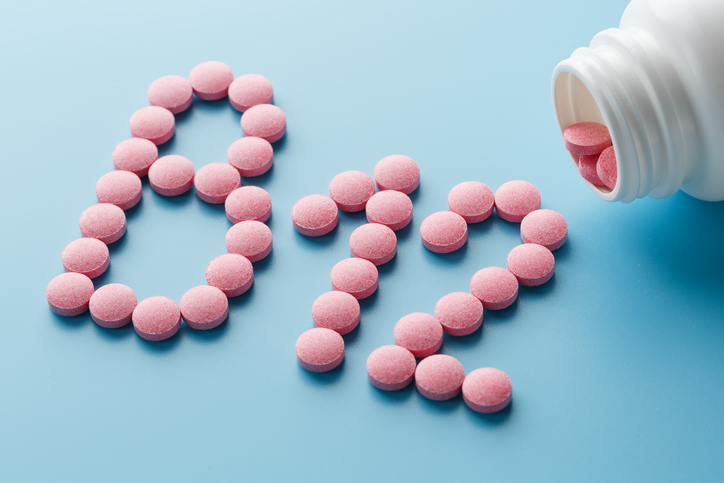
Vitamin B-12 is produced naturally in our bodies, by the intestinal flora in our digestive systems. Unfortunately, in our modern society we rarely receive enough intestinal floras from vegetables due to cooking and processing, and because of the necessity to thoroughly wash pesticides off produce before eating.
Yes, it’s true that an individual can get B-12 from animals. When an animal eats grass with the naturally occurring bacteria, this bacteria keeps their intestinal flora thriving. This, in turn, produces B-12. In other words, livestock ingest the natural bacteria while grazing, accounting for the presence of vitamin B-12 in meat. However, the health risks of eating meat today outweighs the benefits of consuming meat for the sake of B12.
For individuals thriving on a plant-based diet, it’s very important to make sure you are getting enough vitamin B12. Without it, you may develop a deficiency. Vitamin B12 deficiency can cause fatigue, anemia, weakness, depression, confusion, poor memory, constipation, and loss of appetite. Certain nerve problems such as numbness and tingling in the hands and feet can also occur.
Not all B-12 supplements are the same. Sold on the market today are two types of cobalamin; methylcobalamin and cyanocobalamin. The difference between the two is methylcobalamin is made from carbon and hydrogen, whereas, cyanocobalamin is made using cyanide (a poisonous substance). Research indicates that the small amount of cyanide is not harmful. However, it’s probably fair to say that most people would prefer not the ingest cyanide at all. Besides, your body has no use for the cyano-compound and will try to convert any cyanocobalamin into methylcobalamin as soon as it is ingested. Make sure to do your own research before purchasing supplements.
Dr. Brenda T. Bradley is a certified health coach, who made the switch to a plant-based diet after struggling with her own health goals and learning about the body and what it needs to perform optimally. Her vegan lifestyle greatly helped her improve her weight, immunity, mood, and overall health, so now she uses her successes to assist and guide her clients toward a better, healthier lifestyle. Dr. Bradley welcomes comments and questions.
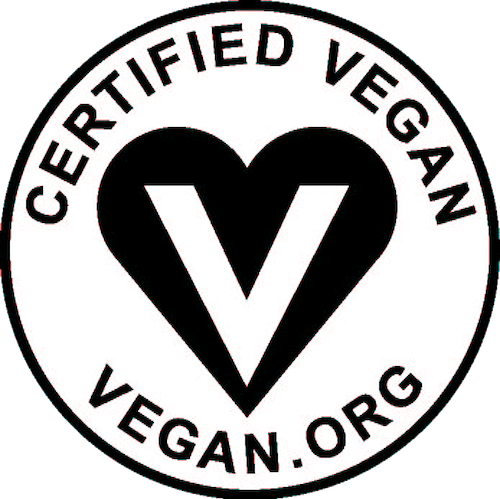
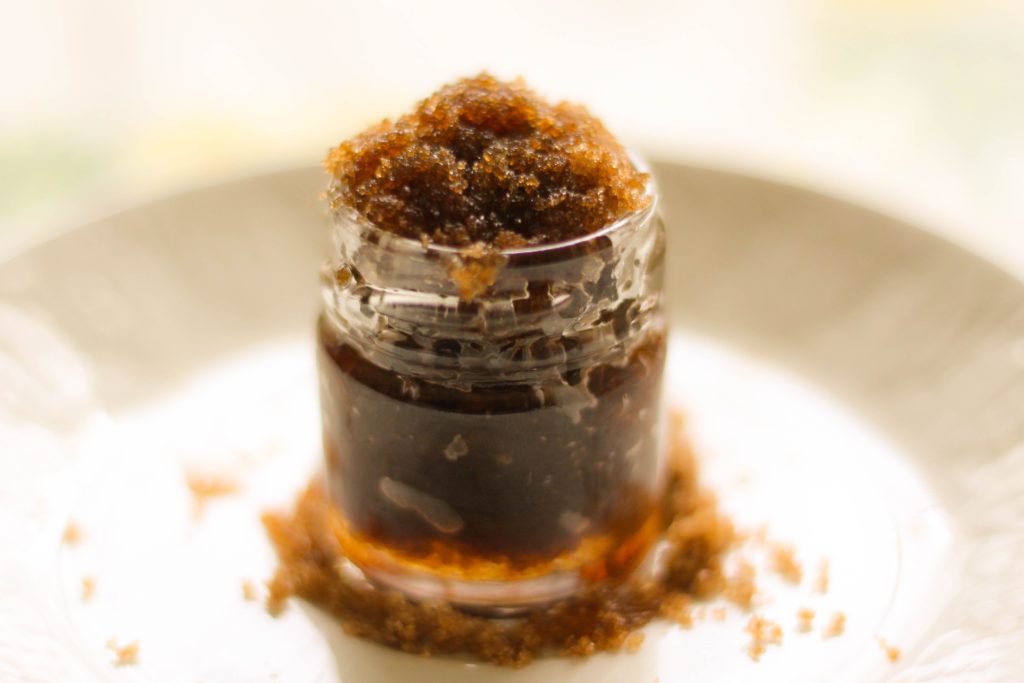
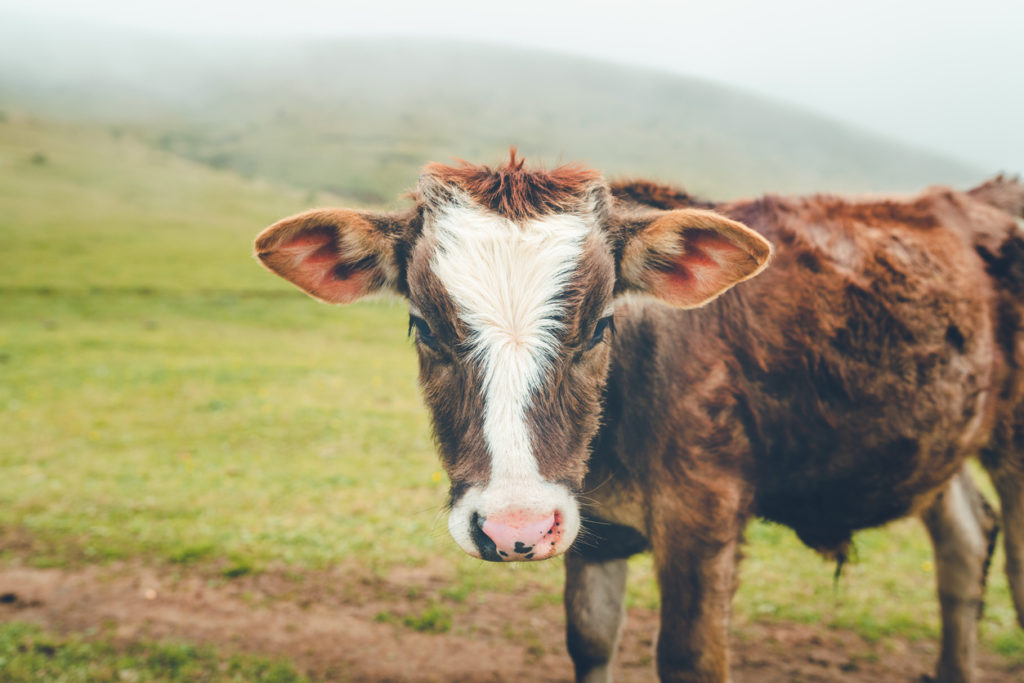
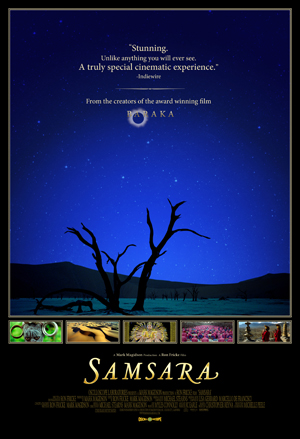
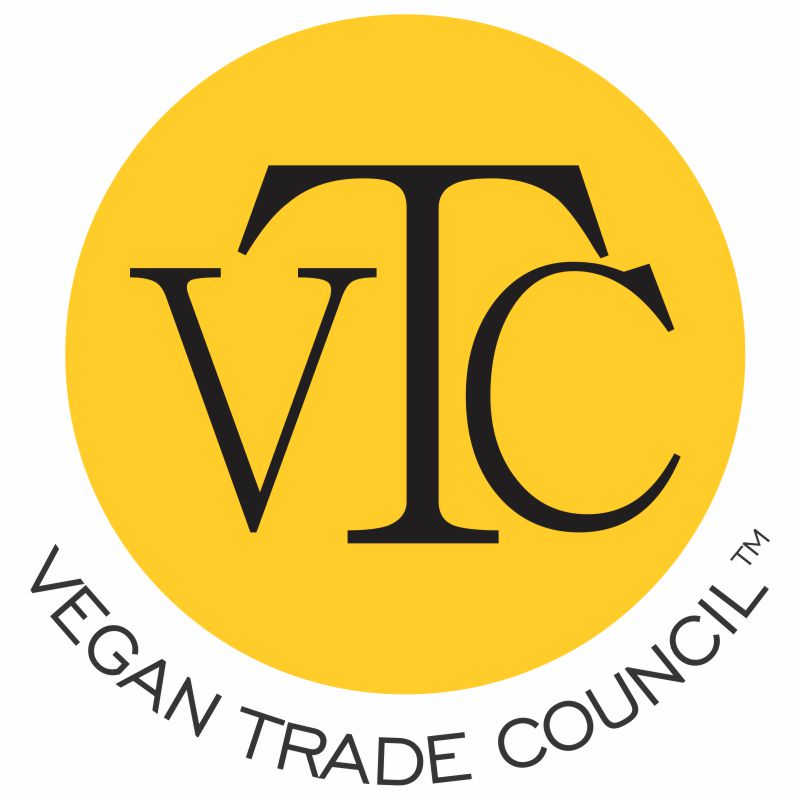

About The Author: Vegan Action
More posts by Vegan Action